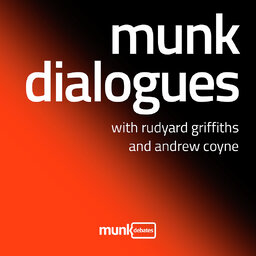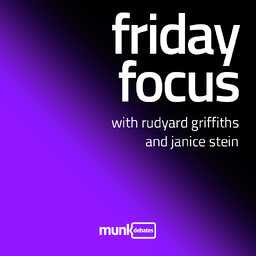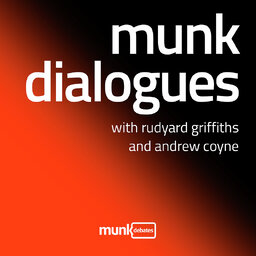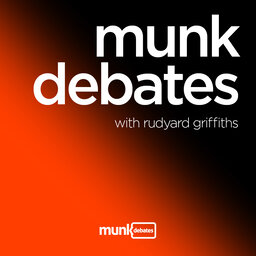Be it resolved: Beethoven, not Mozart, is the world’s greatest composer
The Fifth Symphony, Ode to Joy, Don Giovanni, the Requiem. These top hits on the 18th century billboard charts are still beloved by millions of people around the world. They were composed by two musical giants of the 18th century, Wolfgang Amadeus Mozart and Ludwig Van Beethoven, prolific artists whose vast repertoire continues to anchor orchestral performances and has become the fodder for everything from ringtones to baby brain development videos. Though contemporaries - Mozart was only 14 years older than Beethoven and lived just hundreds of kilometres away - the two composers couldn’t have been more different in their personalities and their approaches to music making. Two centuries later can we finally say which composer made the greatest contribution to the western musical canon? Mozart aficionados say that the lively wunderkind from Salzburg took classical music to soaring new heights starting with his very first symphony at the age of eight. He imprinted his musical signature on every genre and almost every musical instrument, composing more than 650 masterworks before he died tragically young at the age of 35. Perhaps there is no more ringing endorsement of Mozart than the one given him by Beethoven, Wagner, and Tchaikovsky, who considered him unparalleled. Beethoven lovers acknowledge his extraordinary debt to Mozart, whom he idolized. But they argue that the intense and emotionally volatile composer from Bonn, Germany took the keys that Mozart handed him and used them to open musical doors that ended up revolutionizing music. His innovations with the symphonic form and string quartets demonstrated music’s capacity to express the difficult and ugly - and proved that challenging the ear and not just pleasing it can lead to a cathartic experience for performers and their audience. Even when he was deaf Beethoven’s innovations in musical form didn’t stop flowing, laying the groundwork for the romantic movement and the music of the 20th century.
Arguing for the motion is Andrew Burashko, a concert pianist who made his debut with the Toronto Symphony Orchestra at the age of 17. He is the founder of the Art of Time Ensemble, a chamber music collective that juxtaposes high art and popular culture.
Arguing against the motion is Corinna da Fonseca-Wollheim, a contributing classical music critic for the New York Times and founder and artistic director of Beginner’s Ear, a series of deep listening experiences that combine meditation and music.
Sources: APM Music
The host of the Munk Debates is Rudyard Griffiths - @rudyardg.
Tweet your comments about this episode to @munkdebate or comment on our Facebook page https://www.facebook.com/munkdebates/
To sign up for a weekly email reminder for this podcast, send an email to podcast@munkdebates.com.
To support civil and substantive debate on the big questions of the day, consider becoming a Munk Member at https://munkdebates.com/membership
Members receive access to our 10+ year library of great debates in HD video, a free Munk Debates book, newsletter and ticketing privileges at our live events.
This podcast is a project of the Munk Debates, a Canadian charitable organization dedicated to fostering civil and substantive public dialogue - https://munkdebates.com/
The Munk Debates podcast is produced by Antica, Canada’s largest private audio production company - https://www.anticaproductions.com/
Executive Producer: Stuart Coxe, CEO Antica Productions
Senior Producer: Christina Campbell
Editor: Kieran Lynch
Associate Producer: Abhi Raheja
In 1 playlist(s)
Munk Debates Podcast
The Munk Debates Podcast is dedicated to convening civil and substantive debates and dialogues on th…Social links
Follow podcast
Recent clips

Munk Dialogue with Andrew Coyne: Trump strikes Iran without a strategy
21:37

Friday Focus: the U.S. and Iran inch closer to war
17:45

Trump shakes his fist at the court and will AI take everyone's jobs?
18:24
 Munk Debates Podcast
Munk Debates Podcast